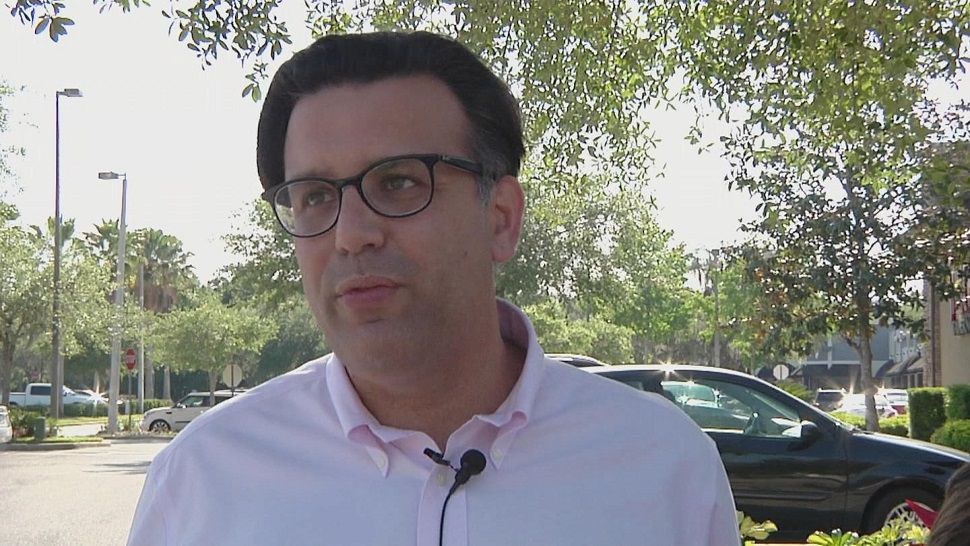For the first time in 60 years, the nation of Cuba will not be led by a member of the Castro family.
- Tampa's Cuban community reacts to change of Cuba leadership
- Resident Raúl Castro steps down on Thursday
- Current vice-president, Miguel Díaz-Canel, is sole candidate to replace Raúl Castro
It’s the end of an era in Cuba, as President Raul Castro steps down on Thursday.
It’s weighing heavily on the minds of the Cuban community across the globe, and, of course, in Tampa Bay.
But some Cuban-Americans in Tampa Bay don’t feel hopeful about the change.
“The only thing historic about it is how they can tactically try to fool the world, and they’re doing it again. But it's not historic in the sense that there’s going to be an actual change for Cuba,” said Rafael Pizano, an outspoken Cuban dissident in Tampa. His father, Roberto Pizano, was a Cuban political prisoner for 18 years.
“You’ll see, the next year and the next, there won’t be any change. Until the regime disappears, the system implemented by the Castros in Cuba, there won’t be change in Cuba of any kind,” Roberto Pizano told Spectrum Bay News 9.
They said they don’t believe the shift in power will bring change, because 89 year-old Castro will still be chief of the Communist Party of Cuba despite stepping down.
“That’s when we know true change is happening, when true change towards civil liberties and civil rights are being implemented. Until then, it’s just a face, a different face but nonetheless it’s the same regime,” Rafael Pizano said.
Others in the Cuban community in Tampa are cautiously optimistic.
"Where you have a transition of power particularly from someone by the name of Castro to anybody but Castro, there’s always some optimism that you can have in there. But you also have to face the reality of history,” said Tampa city council member Luis Viera.
Viera said whether on not change will happen remains to be seen.
"Those moral issues of the right to speak your mind out, the right of normal everyday cubans to have a say in their own future, their own destiny, something that they have been deprived of for far too long. For me, that's going to be the test.”
Meanwhile, local experts are weighing in on the transition of power.
Eckerd College political science professor Mary K. Meyer McAleese said she believes there won’t be any major shake ups as the new president takes over; however, things are unlikely to change too much because the country will remain under Communist leadership.
The fact that a younger leader is stepping in, though, could be a good thing.
"I think we might compare it to the coming of power of Gorbachev in the Soviet Union back in the 1980s. A younger generation of political leadership that might have been a little more open to reform,” Meyer McAleese said.



